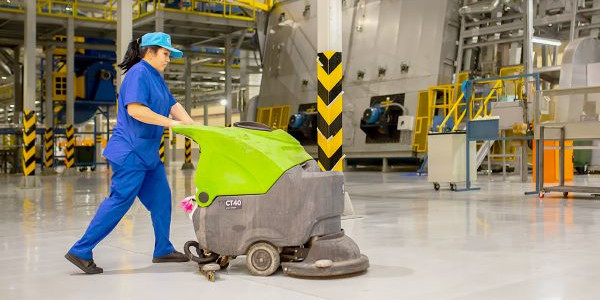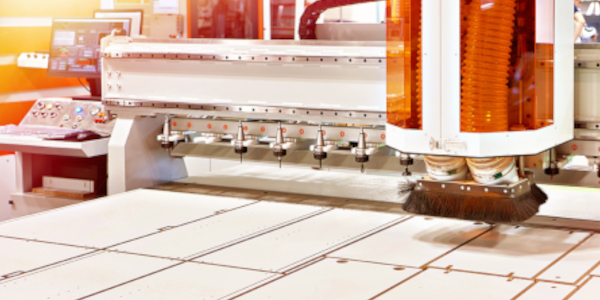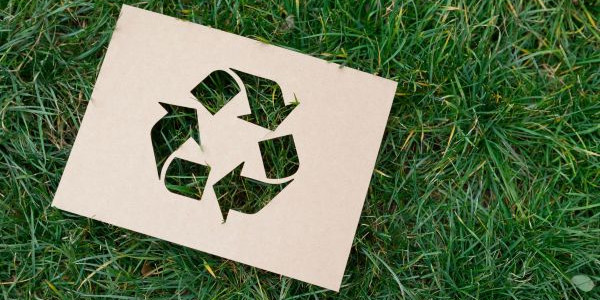Revolutionising Industrial Cleaning with AI and robotics
JCS-Echigo, a leading industrial cleaning company in Singapore, faced a challenge: how to deliver high-quality cleaning for sensitive manufacturing parts while improving productivity and reducing reliance on manual labour. Together with A*STAR’s research scientists, the team developed an intelligent, automated cleaning system that not only enhances cleaning outcomes, but also boosts operational efficiency. This collaboration showcases how deep tech can unlock solutions for real-world industrial problems — and drive economic and societal impact.
Jump to Section: The Challenge | Our Innovation | The Impact
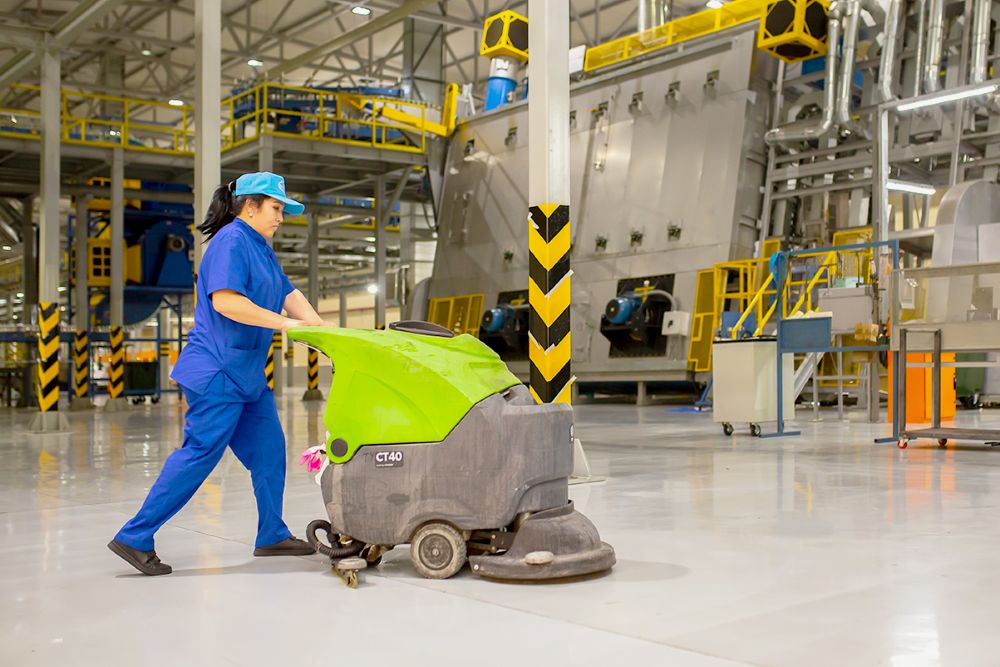
The Challenge
Industrial cleaning might not sound glamorous, but it's mission-critical for sectors like semiconductors, aerospace, and healthcare. For JCS-Echigo, maintaining ultra-high cleanliness standards is non-negotiable—even microscopic residues can jeopardise quality or safety. Yet, traditional cleaning processes are time-consuming, labour-intensive, and dependent on the skill of individual operators.
As demand for cleaning services grew, JCS-Echigo urgently needed a solution that could:
- Clean faster and more consistently
- Reduce manual oversight and variability
- Address growing manpower challenges in the sector
The stakes weren’t just about productivity—this was about safeguarding Singapore’s reputation as a high-tech manufacturing hub.
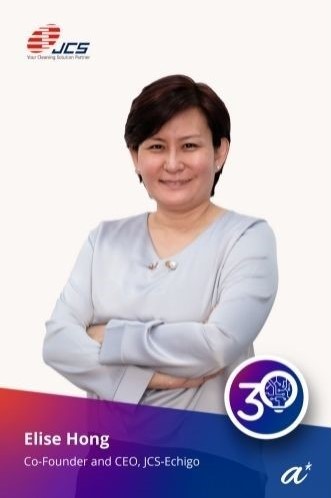
You cannot have the mindset where once something has been done by someone else, you don’t have to think about it any longer. Just look at Dyson,” she said, referring to the British technology company whose cordless vacuum cleaner revolutionised an unwieldy and often unattractive household appliance.
x
Our Innovation
To transform its operations, JCS-Echigo turned to A*STAR Institute of High Performance Computing (A*STAR IHPC) and A*STAR Advanced Remanufacturing and Technology Centre (A*STAR ARTC). Drawing on A*STAR’s deep capabilities in AI, vision systems, and robotics, the team co-developed an intelligent cleaning system that can “see dirt” and think like a human with three key capabilities:
- Visual Detection
The system uses advanced imaging to identify stains, residue, and irregularities on metal surfaces, even if they’re invisible to the naked eye. - AI-Driven Decision Making
Machine learning algorithms assess cleaning progress in real time, adjusting spray angles, pressure, and duration accordingly. - Robotic Automation
A robot arm executes the cleaning process, guided by real-time data, enabling precise and consistent results without human intervention.
This integration of hardware and software mirrors how a skilled technician would inspect and clean a surface — but at a much higher speed and scale.
The Impact
The prototype system delivered immediate performance improvements. Cleaning cycles were shortened significantly—in some cases by over 30%—and required fewer man-hours. With automated inspection and adaptive cleaning, the output quality became more consistent and easier to validate.
Key outcomes included:
- Operational productivity increased by up to 50%
- Enhanced consistency across batches
- Reduced labour dependency, helping mitigate manpower shortages
For JCS-Echigo, the partnership didn’t just yield a one-off innovation—it built a foundation for future-ready capabilities. The company can now scale services more confidently, offer higher-value solutions to customers, and upskill its workforce to manage intelligent systems rather than perform repetitive manual tasks. This successful collaboration represents how R&D can uplift local enterprises to scale and increase operational efficiency.
A*STAR celebrates International Women's Day

From groundbreaking discoveries to cutting-edge research, our researchers are empowering the next generation of female science, technology, engineering and mathematics (STEM) leaders.
Get inspired by our #WomeninSTEM

